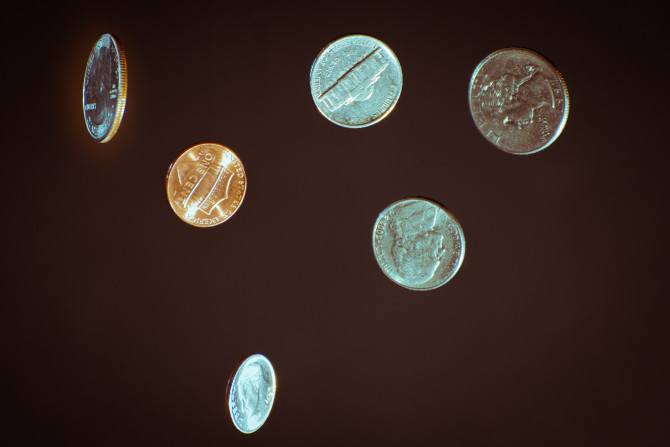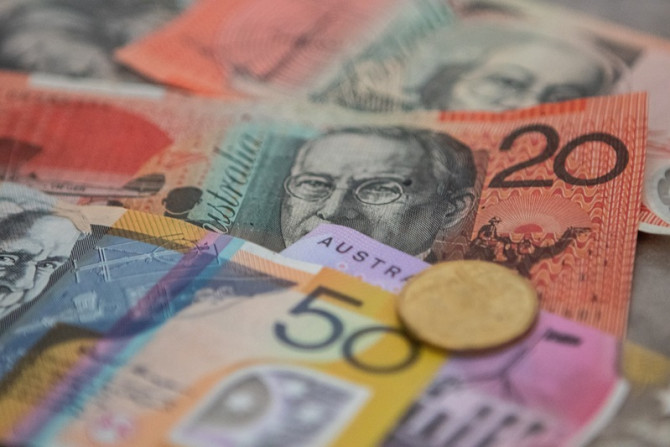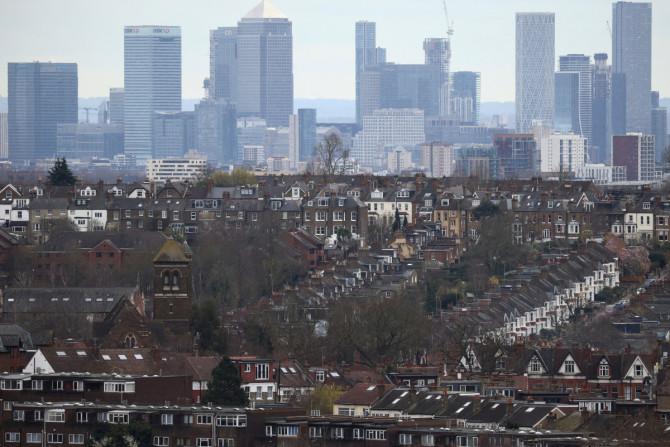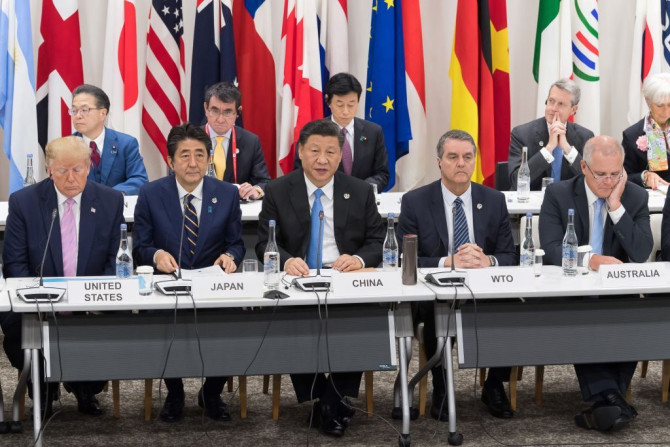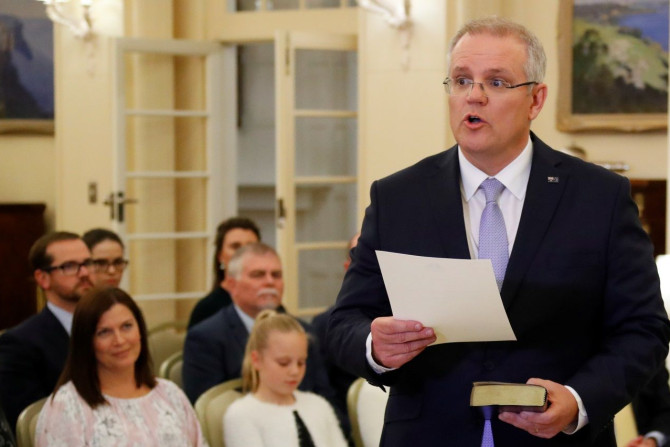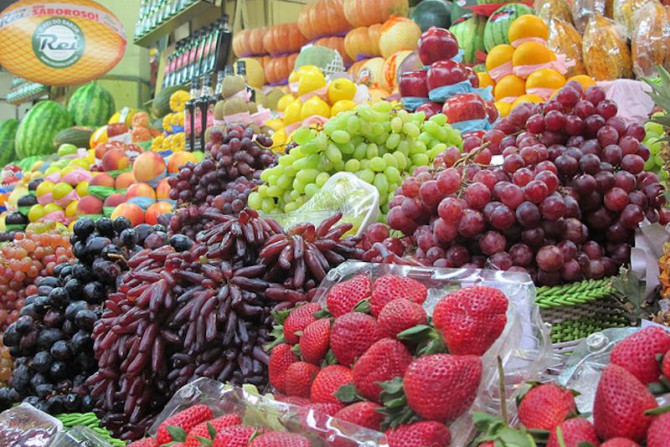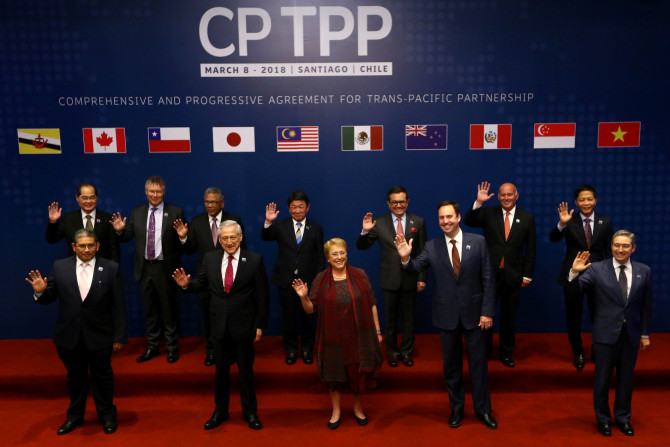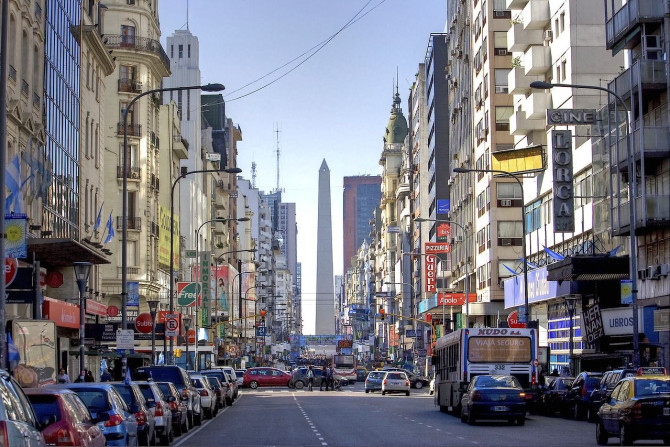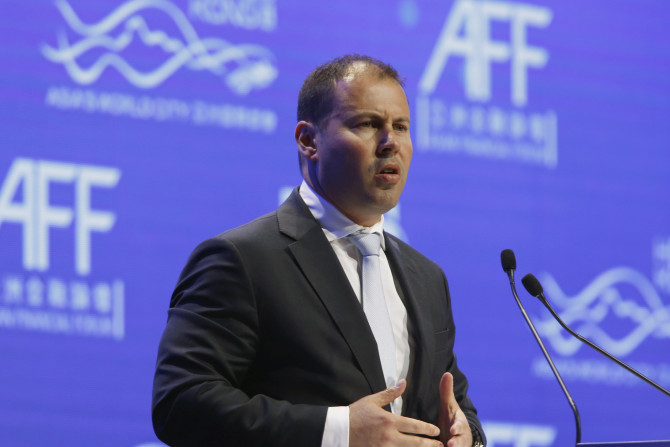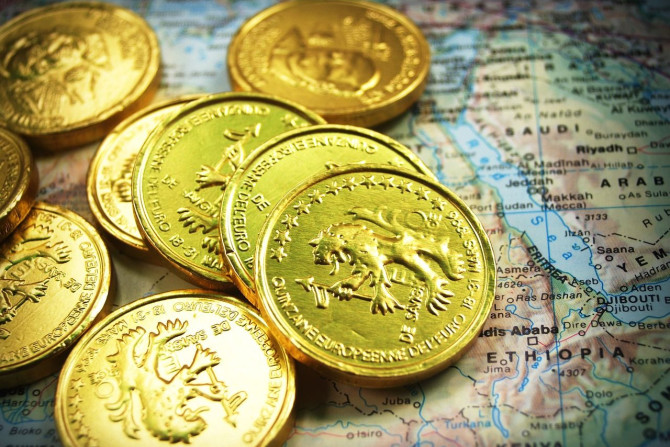In addition, the goods and services balance decreased by AU$3.9 billion, sharply diving to AU$12 billion.
Shreyashi Chakraborty
Sep 03, 2024
The survey, dating back to July, involved 1,074 participants, among which 37% said they would turn to borrowing or selling assets to foot any bill of AU$500 or more.
Shreyashi Chakraborty
Sep 03, 2024
The treasurer's remarks on Sunday followed weeks of rumors regarding tensions between the RBA and the government, sparking concerns about the economy's direction.
Shreyashi Chakraborty
Sep 02, 2024
According to the Super Members Council (SMC), 2.8 million Australian workers were not paid their full amount of superannuation in 2021–2022, which amounted to AU$5.1 billion.
Shreyashi Chakraborty
Aug 30, 2024
"Overall, it's clear there was little momentum behind consumer spending at the start of the quarter. And while it is early days, the data broadly reinforce our view that Australian households are not rushing to spend their newfound tax cuts," economist Abhijit Surya said.
Vidhya CK
Aug 30, 2024
Denouncing Greens' proposed 40% tax on excessive corporate profits as "insidious populism," Matt Comyn suggested that prioritizing popularity over genuine reform will only erode trust in institutions.
Shreyashi Chakraborty
Aug 29, 2024
In July, energy prices dropped to 6.4%, compared to the usual 0.9% rise, and as the government announced rebates across the country, further drop in prices were expected.
Vidhya CK
Aug 28, 2024
According to the report, areas most prone to climate-related disasters, such as cyclones and floods, are experiencing a 30% surge in insurance premiums.
Shreyashi Chakraborty
Aug 26, 2024
Those seeking three-year home loans are expected to get a competitive 5.89% interest rate, which is in line with Westpac's offer. Additionally, the new variable rate borrowers will be offered a reduction of up to 0.35 percentage points to ease financial strain
Shreyashi Chakraborty
Aug 23, 2024
UK government borrowing jumped by far more than expected in July, official figures showed Wednesday, stoking fresh anxiety for the new Labour government ahead of its first budget in just over two months.
AFP news
Aug 22, 2024
The RBA's reluctance to lower interest rates is a result of its worries about wages and employment.
Shreyashi Chakraborty
Aug 21, 2024
Western Australia is fearing an economic downturn due to falling iron ore prices. However, the government's cautious budgeting may thwart the problem.
Shreyashi Chakraborty
Aug 20, 2024
The central bank has extended its inflation rate target deadline to 2026 from the earlier forecast of achieving the target by 2025.
Vidhya CK
Aug 20, 2024
With recent data indicating the US economy remains in good shape as inflation slows and the labor market softens, there is widespread expectation the bank will finally start unwinding its long-running program of tight monetary policy next month.
AFP news
Aug 20, 2024
The Kenyan government plans to raise about $1.2 billion by reinstating some unpopular taxes contained in a finance bill that was scrapped in the face of deadly street protests, a government minister said.
AFP news
Aug 19, 2024
According to University of Melbourne Professor Tom Kompas, people between the ages of 30 and 49 contributed the most to the loss. "Workers in that age bracket contributed to a loss of 52 million worked hours, or more than 50% of the total labor and productivity lost in 2022," he said.
Vidhya CK
Aug 19, 2024
Britain's economy grew 0.6 percent in the April-June period, a slight slowdown compared with the first three months of the year, official data showed on Thursday.
AFP news
Aug 15, 2024
The RBA's Andrew Hauser said, "As humans, we are all prone to overconfidence, particularly when forecasting the future. In many cases, the answer we ought to give is that we simply do not know."
Shreyashi Chakraborty
Aug 12, 2024
Prime Minister Anthony Albanese rejected criticism that his government's spending was adding to inflation. He said the Labor government's two budget surpluses and several measures, which were aimed at reducing the living expenses, have helped to bring down the prices.
Vidhya CK
Aug 08, 2024
Although the overall inflation rate has slightly increased to 3.8%, the measure of core inflation, also known as the "trimmed mean," has decreased slightly to 3.9% from 4%.
Shreyashi Chakraborty
Jul 31, 2024
The first quarter of 2024 had seen a noticeable decline of 3.0% reduction in job ads, and the advertisements decreased by 7.1% in the second quarter of the year.
Shreyashi Chakraborty
Jul 02, 2024
While you may not initially expect it to have such a large impact on the business landscape
IBT Contributor
Jun 09, 2023
British house-building fell at the sharpest pace since May 2020 last month as the cost of higher interest rates outweighed an easing in supply chain difficulties that bolstered other types of construction, according to a survey released on Thursday.
Reuters
May 19, 2023
Australia on Monday revealed that China has remained unresponsive to its pleas to ease tension between the two states.
Savannah Tee
Jun 08, 2020
Australia is shutting down pubs, cafes, cinemas and other non-essential services in a bid to curb the rapidly increasing COVID-19 cases in the country.
Savannah Tee
Mar 23, 2020
Brexit is expected to increase trade costs and make food imports more expensive, something that could lead to changes in diets and dietary risk factors that influence health.
IBT Staff
Oct 25, 2018
These days it is called the TPP-11 or, more formally, the Comprehensive and Progressive Agreement for Trans Pacific Partnership.
IBT Staff
Oct 17, 2018
An economy in recession. Pesos fleeing the country. The worst drought in decades. The world’s highest interest rates. The biggest bailout in the history of the International Monetary Fund.
IBT Staff
Oct 15, 2018
Royal Commissioner Kenneth Hayne has identified “greed” as the key reason banks and other financial institutions repeatedly broke the law, along with an inability to manage, and repeated decisions by the Securities and Investments Commission and the Prudential Regulation Authority not to properly punish them.
IBT Staff
Sep 30, 2018
Why do the richest 1% of Americans take 20% of national income, but the richest 1% of Danes only 6%? Why have affluent British people seen their share of national income double since 1980, while over the same period, the income share of wealthy Dutch hasn’t budged?
IBT Staff
Sep 28, 2018












